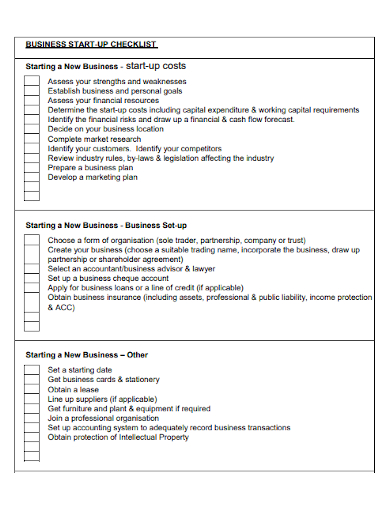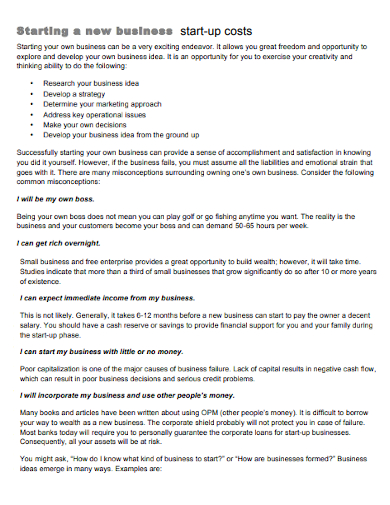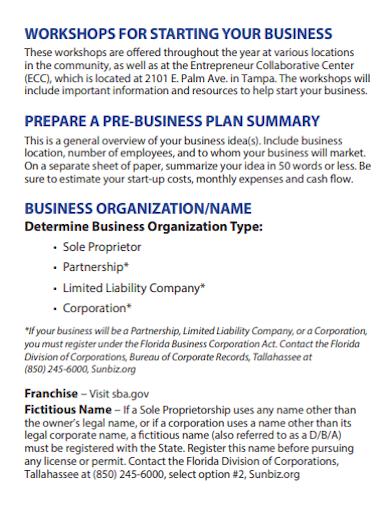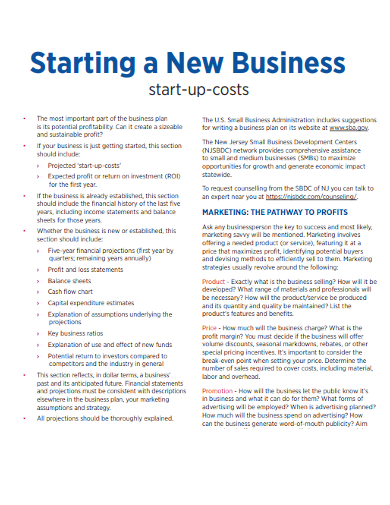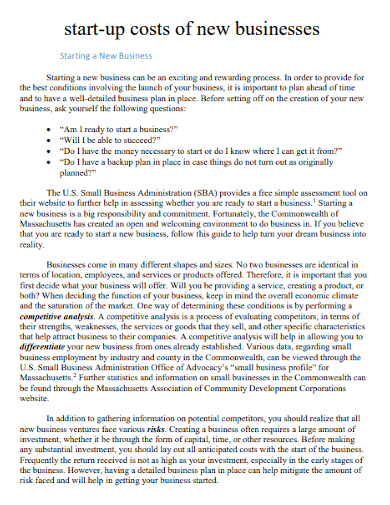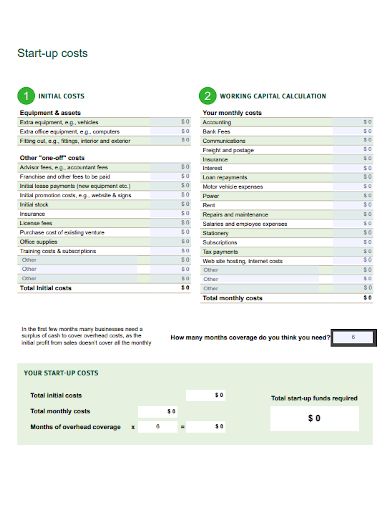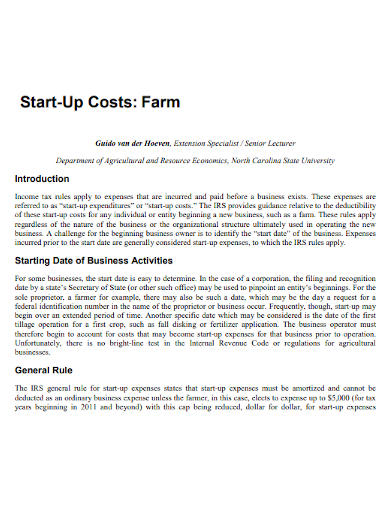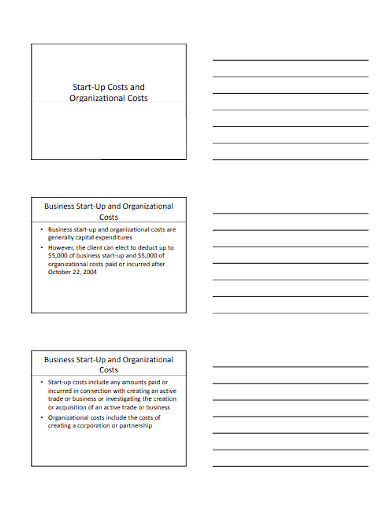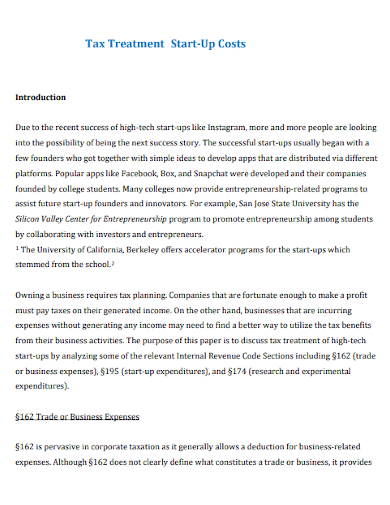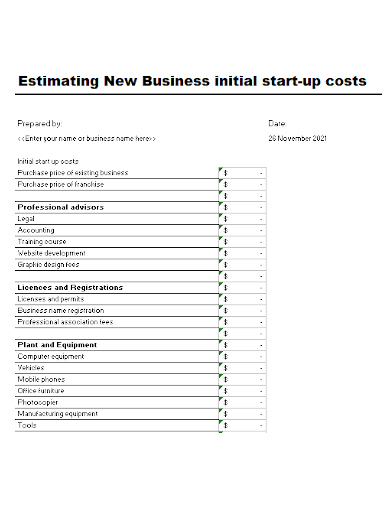Opening up a new business can be an exciting yet lengthy process, with all the licenses and permits to attend to. Not only that for some they need to look for space to lease or rent out, construction, hire employees, secure materials, equipment, and many others. And all these factors incur what we call startup costs. You will need to be more or less accurate with your startup costs since the capital or investment must be able to balance out the expenses. But of course, you are able to lower the expenses if you decide to launch your business in the four corners of your home, or for micro-businesses. Take note, it is too risky to keep spending while solely relying on your sales as an entrepreneur revenue may have its good and bad days. That being said, you need to scrutinize all spending—new business startup costs to establish your company, services, inventory, payroll, equipment, marketing, software, legal fees, even whether to hire an accountant then prioritize, document, and continually assess. Read more about this below and you may want to check out our new business start up costs samples made available for download on this page.
10+ New Business Start Up Costs Samples
1. New Business Start Up Costs Template
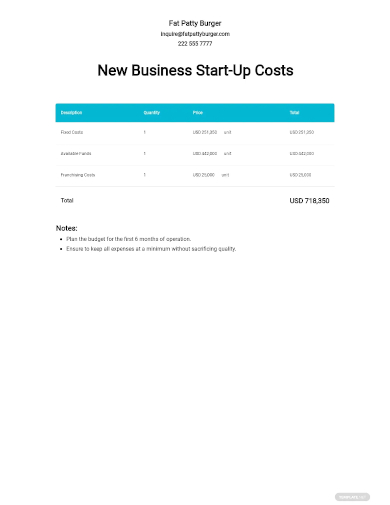
2. New Business Start Up Costs Checklist
3. Sample New Business Start Up Costs
4. Workshop for New Business Start Up Costs
5. New Business Action Start Up Costs
6. New Business Development Start Up Costs
7. New Business Start Up Costs Calculator
8. New Farm Business Start Up Costs
9. New Business Start Up Costs & Organizational Costs
10. New Business Tax Treatment Start Up Costs
11. Estimating New Business Initial Start Up Costs
What Are a New Business Startup Costs?
Startup costs are expenses needed to launch your new business. Different businesses will have different start-up costs, but they often include things like: premises or location (whether to rent or buy a property), connecting utilities, professional services, materials and equipment, licensing, and registration fees. Estimating the right new business startup costs ensures your business has enough capital to sustain itself for a period of time without completely relying on sales. Remember aside from the usual costs, every business industry has its own set of additional expenses that you need to research on. Also, some expenses keep re-occurring on a monthly or yearly basis so you must keep in mind to create a company budget in order to pay all debts.
How To Determine a New Business Startup Costs?
Although it would be difficult to advise the exact expenses needed to launch a new business, let us tackle the different components that generally make up these startup costs. These can be either one-time expenses that are needed to start your new business or recurring or ongoing expenses are costs incurred on a monthly or yearly basis.
Recurring or Ongoing Expenses
- Rent or Lease – if you decided to rent or lease a space for your business then must expect rental fees on a monthly basis, or whatever was decided on the leasing contract.
- Business Insurance – it is highly advisable to obtain insurance that will protect the business from losses due to events that may occur during the normal course of business. There are many types of insurance for businesses including coverage for property damage, legal liability, and employee-related risks.
- Wages and Benefits – you will need to hire employees and pay them of course, with added benefits that are mandated by the government.
- Utilities – usage of water, electricity, even your internet connection is all part of your monthly expenses
- Inventory – if you are running a restaurant or any foodservice business, retail, or in manufacturing then you need to purchase initial inventory to start and budget for ongoing operations. You must carefully calculate to ensure there is enough inventory to operate.
- Marketing – to ensure that you are able to reach out to your potential clients then you need to invest in marketing your business. Depending on how your marketing plan, whether you want to advertise on television, radio and other media outlets or engage with digital marketing. Take note, marketing your business is not just for those who are about to launch their business, it is a regular endeavor to help you secure a steady flow of clients.
- Taxes – business tax will depend on the revenue.
One-Time Expenses
- Business Entity – there are various types of business entities — sole proprietorship, partnership, LLC, corporation, etc. and a business’s entity type dictates both the structure of that organization and how that company is taxed.
- Equipment/Materials/Supplies – you will need several equipment and supplies to run your business, and all these would depend on what kind of business you are running. For restaurant owners then you will need kitchen equipment, tables and chairs, a cash register, and many others. And nearly any business will require computers. So you need to narrow down that list so you may get a good look at what and how much equipment you may need to match up the budget.
- Licenses And Permits – in some cases there are licenses or permits to be paid only at the initial start of the business. But in some, you will need to renew this on a yearly basis.
- Feasibility Study – some upcoming business owners would take the initiative to conduct a research and feasibility study to make sure there is a market for their products and services. And of course, research activities may incur several costs.
FAQs
What Is a Startup Budget?
A startup budget is a breakdown of how you plan to use your capital and cover expected business costs.
What Are The Different Kinds of Business Costs?
These are direct, indirect, fixed and variable are the main kinds of costs.
Is Budgeting Important for New Business Owners?
Yes, this is most important for new business owners so they can manage and monitor if they have enough capital to start a new business. Also, this enables the business owner to concentrate on cash flow, reducing costs, improving profits, and increasing returns on investment.
A new business startup costs can help provide business owners with the information they need to help secure the right capital to open up a new business. Should you need any help working on your startup cost, don’t forget to check out our free sample templates available in this article.
Related Posts
Sample Meeting Minutes Templates
Presentation Speech Samples & Templates
Ukulele Chord Chart Samples & Templates
Retirement Speech Samples & Templates
Weekly Schedule Samples & Templates
Contractual Agreement Samples & Templates
FREE 9+ Amazing Sample Church Bulletin Templates in PSD | PDF
Sample Business Card Templates
Sample Cashier Job Descriptions
Questionnaire Samples
FREE 10+ Sample HR Resource Templates in PDF
FREE 10+ HR Consulting Business Plan Samples in MS Word | Google Docs | Pages | PDF
FREE 49+ Sample Job Descriptions in PDF | MS Word
FREE 13+ Academic Calendar Templates in Google Docs | MS Word | Pages | PDF
FREE 10+ How to Create an Executive Summary Samples in Google Docs | MS Word | Pages | PDF

